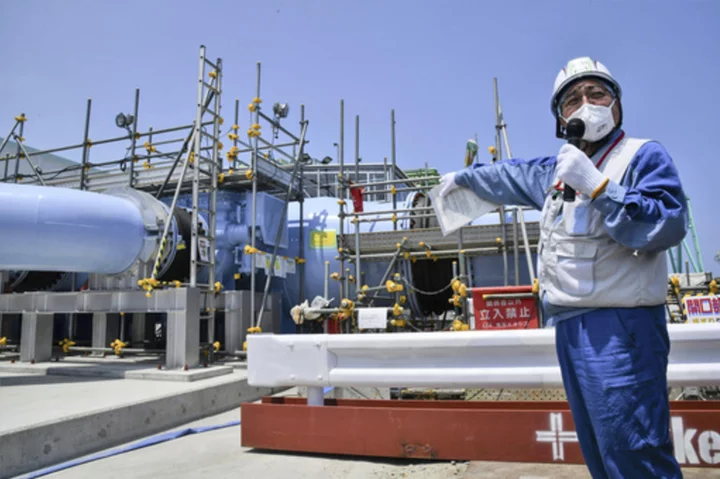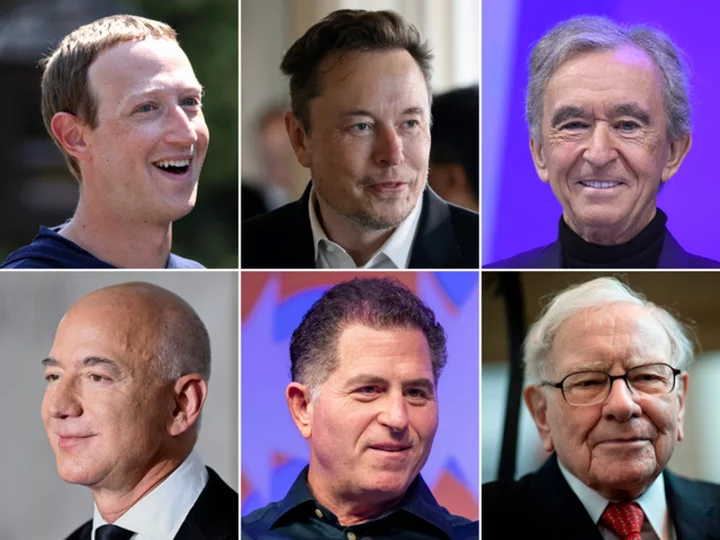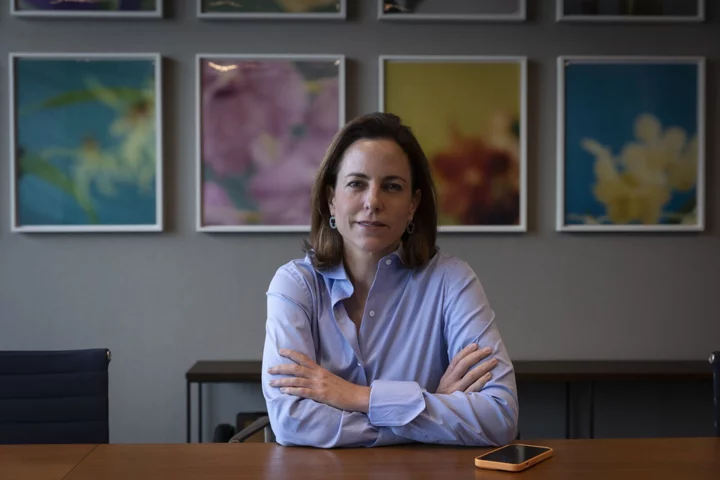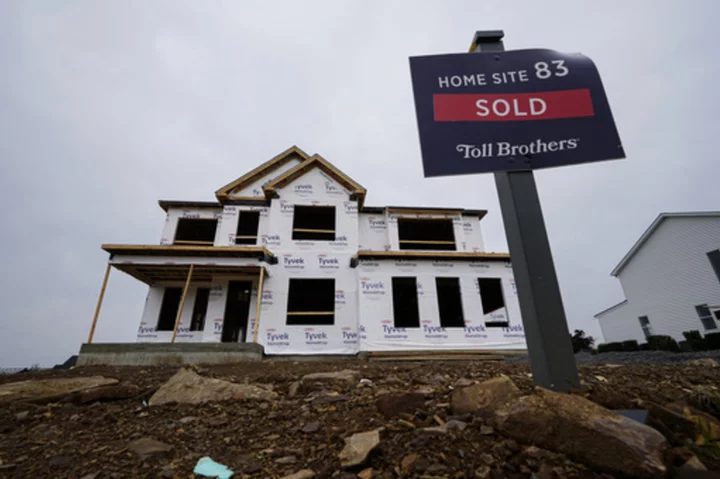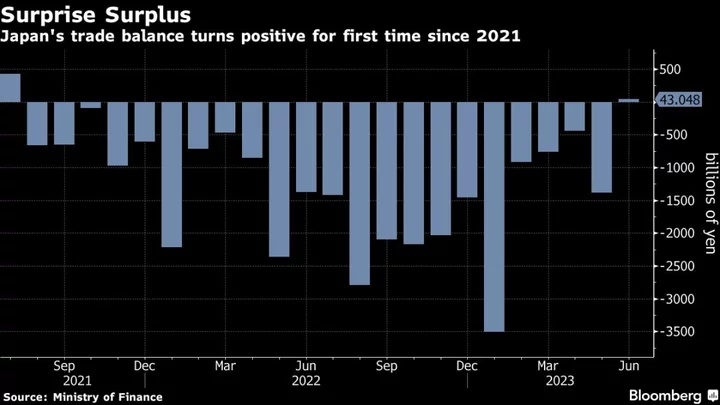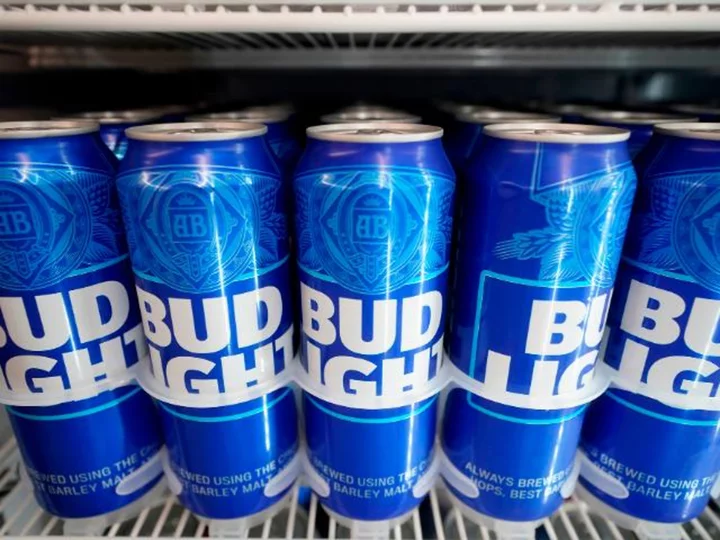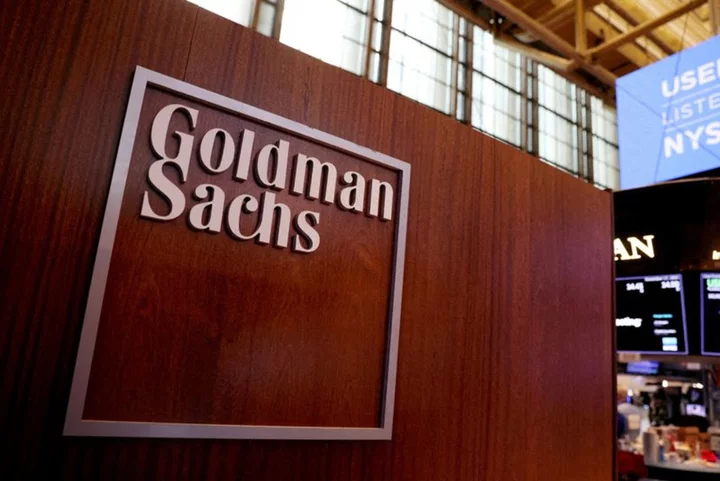HONG KONG (AP) — Hong Kong's leader warned Tuesday that the city will ban marine products from “a large number prefectures” if Japan discharges treated radioactive wastewater into the sea.
Chief Executive John Lee said in a press briefing that his government would err on the side of caution because the planned release of wastewater from the damaged Fukushima nuclear plant into the Pacific Ocean is an unprecedented exercise.
He said he has to take the issue seriously because it affects not only the current population of Hong Kong but also the next generation.
“The action we will take, if the exercise really starts, is that we will be banning a large number (of) prefectures' sea products,” he said. But he did not name which prefectures and what products will be affected.
A massive earthquake and tsunami in March 2011 destroyed the Fukushima Daiichi nuclear plant’s cooling systems, causing three reactors to melt and releasing large amounts of radiation. The tanks storing the water used since the accident to cool the reactor cores will reach their capacity in early 2024.
In 2021, Japan’s government announced plans to gradually release the treated — but still slightly radioactive — water following its dilution to what it says are safe levels. Japanese officials say the water, currently stored in about a thousand tanks at the plant, needs to be removed to prevent accidental leaks in case of an earthquake and to make room for the plant’s decommissioning.
On Monday, the operator of the wrecked nuclear plant began testing equipment constructed for discharging the wastewater.
Last week, the United Nations nuclear agency endorsed the plan, saying it meets international standards and the environmental and health impact would be negligible.
But the plan has faced fierce protests from local fishing communities concerned about safety and reputational damage. Neighboring countries, including South Korea, China and Pacific Island nations, have also raised safety concerns. Chinese authorities last week highlighted import restrictions on food products from 10 prefectures in Japan, including Fukushima.
The Hong Kong government will formulate policies in response to Japan's plans, Lee said Tuesday, and they will be announced when ready.
“The risks are very unknown,” he said. “I must ensure that food safety is protected in Hong Kong.”
In the semi-autonomous southern Chinese city, the import of certain products — such as fruits and vegetables — from Fukushima is currently banned. Other products such as meat and poultry from there are allowed in if they come with a radiation certificate.
The import of many food products from four other Japanese prefectures immediately south of Fukushima — Gunma, Ibaraki, Tochigi and Chiba — will also have to be accompanied with radiation certificate.
Last year, the major food imports from Japan amounted to about 2% of the total food supply in Hong Kong, official data showed. Although the city is not highly dependent on Japanese food products in terms of quantity, many residents are fond of Japanese food and there are many Japanese restaurants across the territory, the government said.

